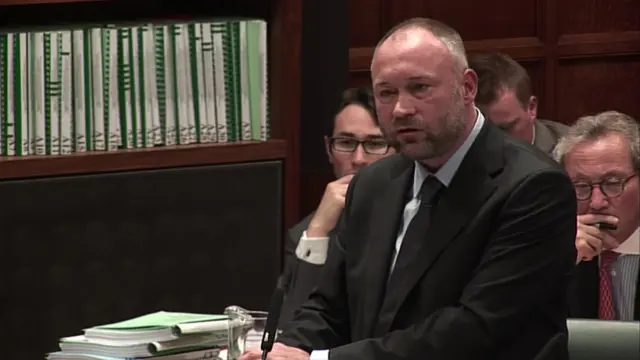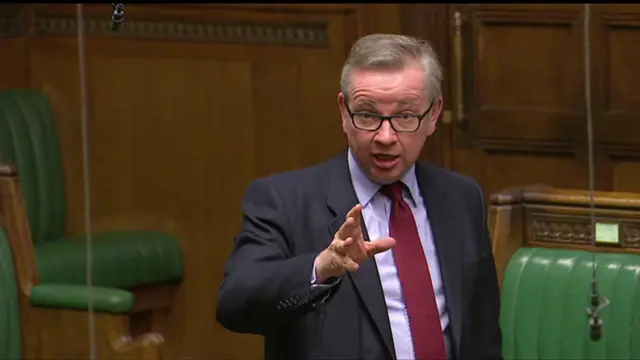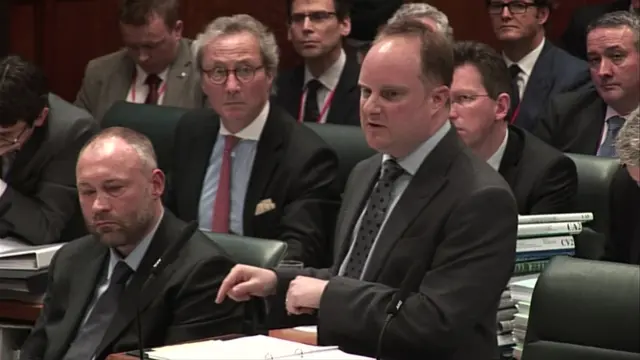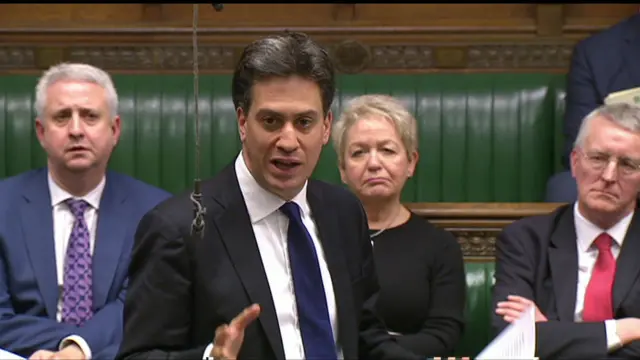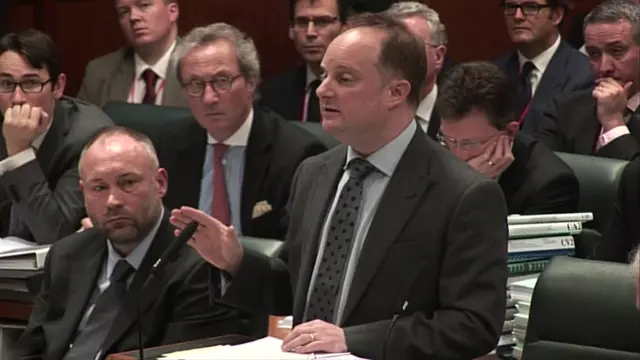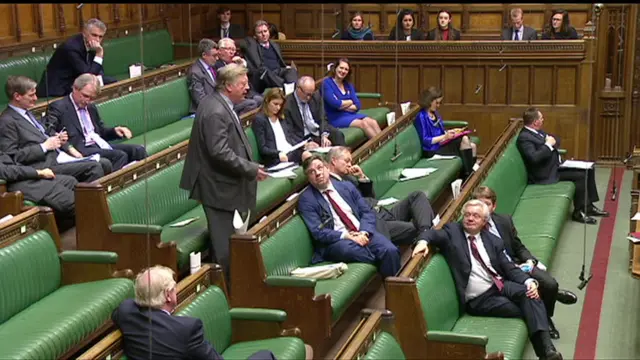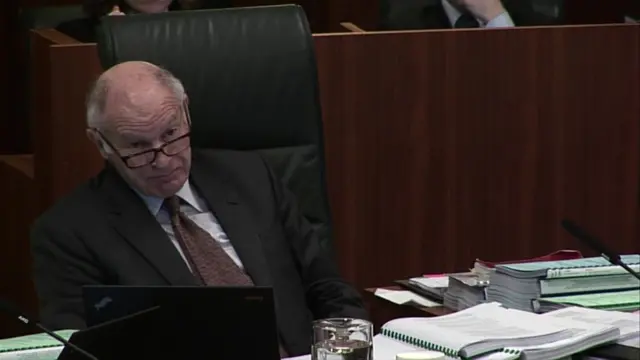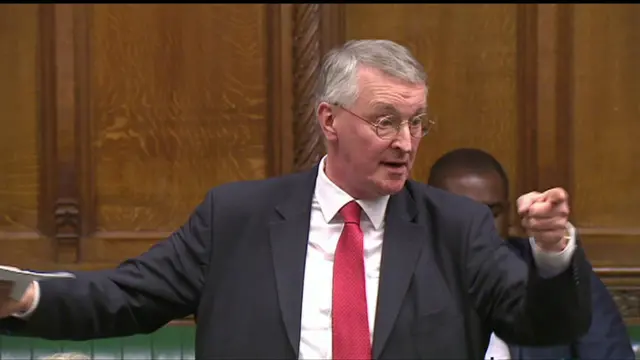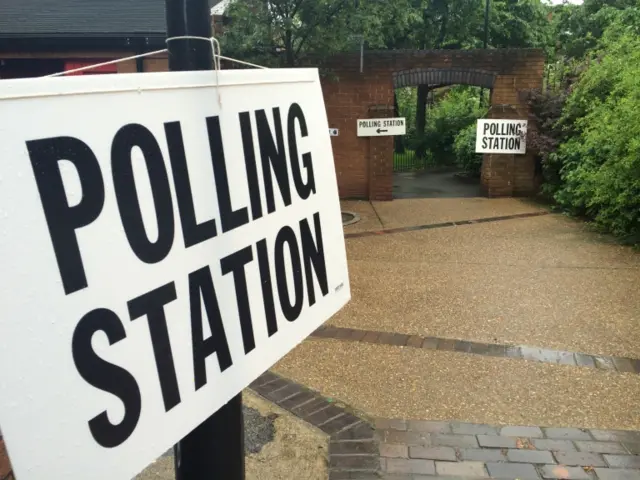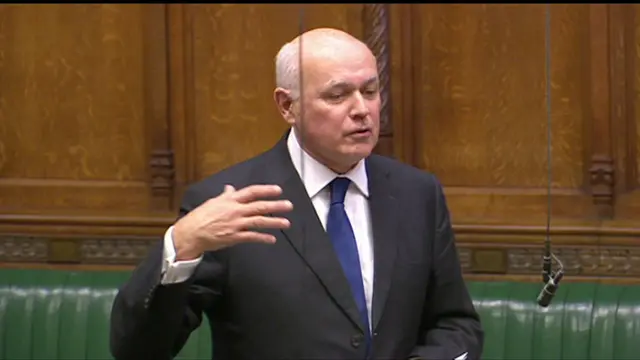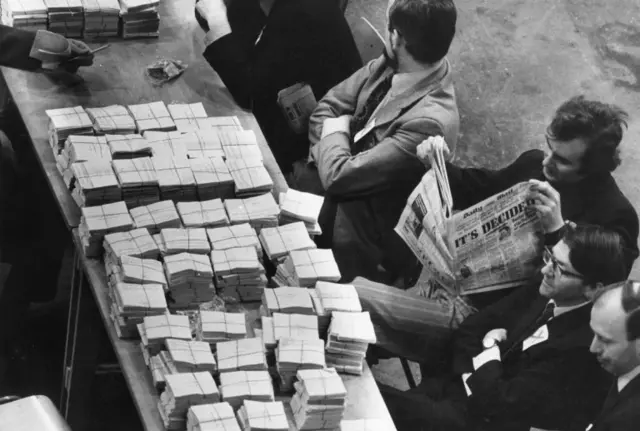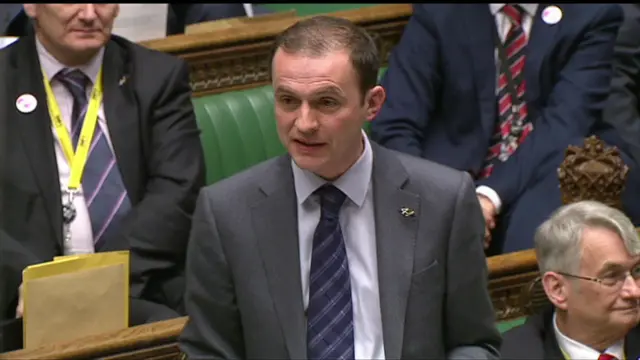Brexit impact on Good Friday agreement 'disturbing'published at 15:38 GMT 7 December 2016
Expanding on this theme, Ronan Lavery - who is challenging the government on behalf of Northern Ireland campaigners - says the constitutional settlement in Northern Ireland is delicate and multi-layered and the UK's departure from the EU could have a seismic effect on it.
Quote MessageIt would be very disturbing for the people of Northern Ireland that the terms so agreed in the Good Friday Agreement were not binding to some extent and did not have a constitutional status.
